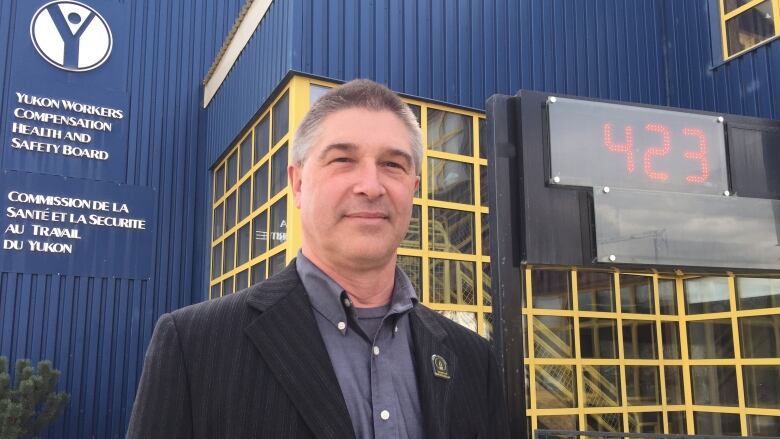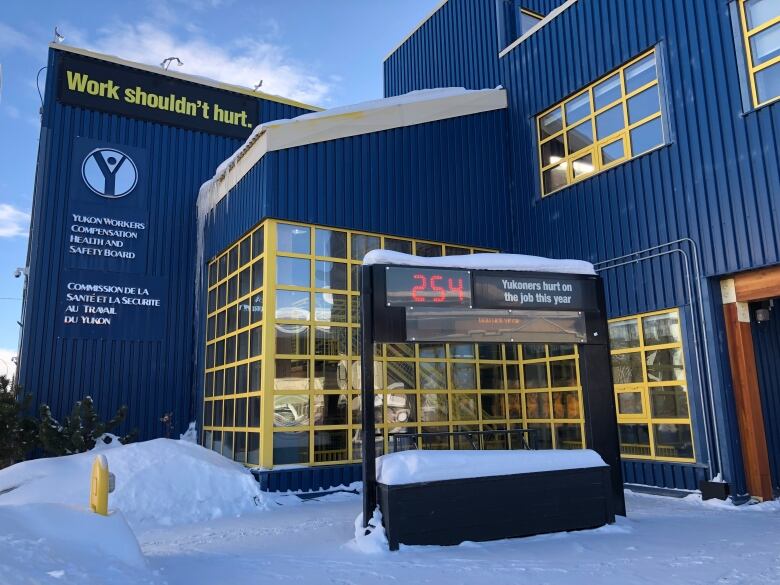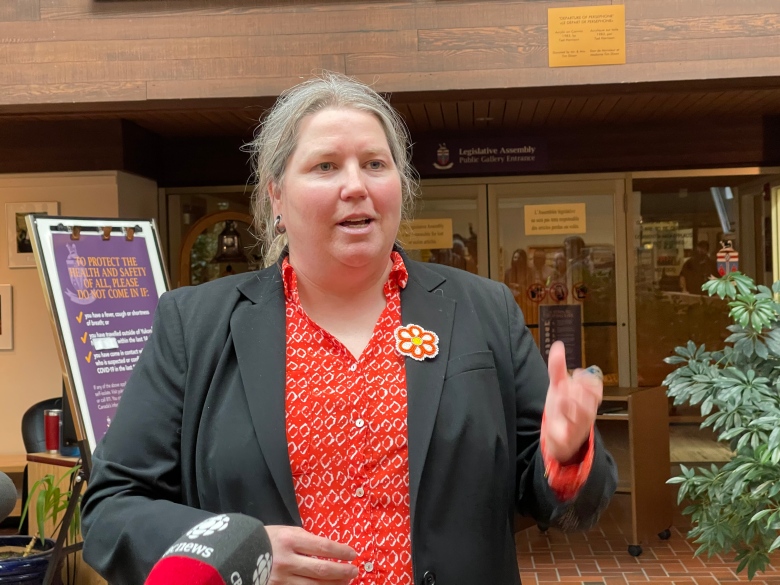A 'modern' Yukon worker's compensation bill comes into effect this year. Here's what you need to know
New bill a win for firefighters, low-income workers, president says

The focus of Yukon's long fall session was largely on the drama on the legislative floor, includingquestions about the Hidden Valley scandal, the territory's COVID-19 response and a pair of motions that threatened to bring down the government.
Despite these events, the government passed eight new pieces of legislation, including supplementary budget estimates, by the end of the sitting. They say these acts "will improve the lives of Yukoners," according to their end-of-the-sitting press release.
John Streicker, government house leader, said he's most proud of the new Workers Safety and Compensation Act.It's a sweeping 173-page law that he said is a "complete rewrite" of the previous legislation, which hadn't been reviewed in more than a decade.
"We believe this is like the most progressive workplace safety and compensation legislation in Canada," said Streicker. "We're really excited to see that go through the legislature."

What's in the act
Kurt Dieckmann, president and CEO of the Yukon Workers Compensation Health and Safety Board, said the first indicationthe act will be more modern is its goals:preventing workplace injury and caring for injured workers.
"It's trying to send the message that workplace safety is paramount and in the unfortunate instance where injuries do happen compensation is the next most important thing," he said.
The best way to do this, Dieckmann said, is by merging the previous Workers' Compensation ActandOccupational Health and Safety Act together.That makes it so one organization is in charge of both.
The way that appeals for compensation are handled is one of the major changes in this act, Dieckmann said. In the past, the board of directors decided the fate of any claim.
Now, the dispute process starts internally, and, if not resolved, it will go to an independent third-body tribunal something Dieckmann said will change "any perception of bias" in the department's decision-making.

"Now it's the same process for everybody," he said.
The bill also adds security for lower-income workers, Dieckmann continued. If a worker is fully disabled on the job, they will get 100 per cent of their pre-injury earnings if that's less than the minimum compensationthe board can give out. Those earnings change to 75 per cent pre-injury if a worker is partially disabled on the job.
Some changes are coming into effect for older workers too, Dieckmann said, like an extension of earning loss benefits. The new law changes the age for indemnity paymentsfrom 63 to 61, meaning more people will be able to access compensation near the end of their careers if they've been injured on the job.It also means payments are supplied for fouryears, twice as long as the two-year period in the lastlaw.
Wildland firefighters missing from cancer coverage: NDP
The government brought the new act to the legislature for the first time last year, Streicker said, but firefighters had concerns about hazard assessments in the workplace. The government decided to go back to do more consultation before bringing it back.
But to the NDP, the act needed another small amendment.
NDP Leader Kate White pushed the government to include wildland firefighters in the bill's longer list of presumptive cancer coverage, after the Whitehorse Firefighters Association and Yukon First Nations Wildfire said it was necessary.
All other firefighters, regardless of the number of work hours they put in, are covered under the legislation.

"Exposure to smoke over long periods of time with no PPE causes a myriad of health problems," a letter from the Whitehorse Firefighters Association reads. "Science is ever evolving [and] we see that the specific exposures and length of exposures suggest an elevated cancer risk."
White did not succeed.
"It is not quite the most progressive legislation but it could be if we included wildland firefighters," White said on Nov. 23 in the legislature. "They risk their own safety but also their health to protect us."
The act will officially come into force on July 1, 2022.












_(720p).jpg)


 OFFICIAL HD MUSIC VIDEO.jpg)
.jpg)



























































































